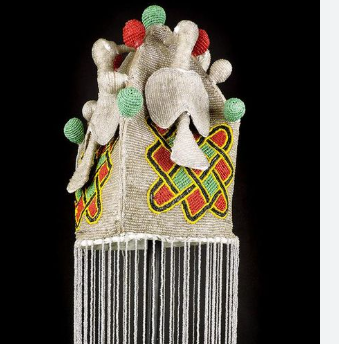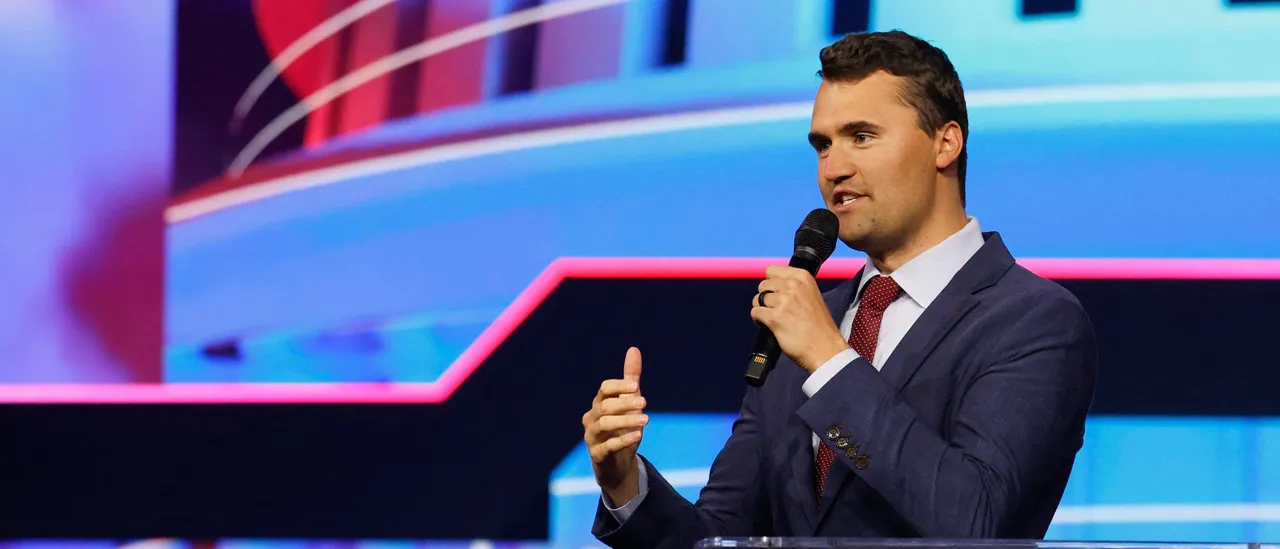By Lawrence Ross
Copyright newsone
![No One Owes Charlie Kirk Empathy [Op-Ed]](https://d2731bbzmt3wpb.cloudfront.net/news/image/us-west-2:25d97050-7aa7-43a6-a623-8fb02e6af97e/20250917/abf9f7e3a4864809aac83846713a5ada.jpg)
Source: Houston Chronicle/Hearst Newspapers / Getty Charlie Kirk is dead. No one asked for him to be killed. But someone decided to murder him. Intentionally. And that’s a fact. Murder is heinous, and as a society, compassionate humans instantly recognize that a wrong has been committed, and we mourn the needless loss of a human life. Why? Because we believe that murder is wrong, unless sanctioned by the state using the military, or in some cases, judicially, through the death penalty. And one can be a conscientious objector to killing in those cases, too. It is possible to believe that murder is wrong while also thinking that the person who was murdered was bad or even evil. Why? Because murder shows no bias when it comes to victims. Over a thousand Israeli men, women, and children were murdered by Hamas. In turn, Israel has murdered tens of thousands of Palestinian men, women, and children. In those ranks, who was good and who was bad? Can we know? Can we tell? No. But we think about the universal idea that all life is sacred, and therefore, we should mourn those who lose theirs because of the actions of others. It is almost a default emotion that transcends race, religion, or creed. But what happens when a white supremacist and racist like Charlie Kirk is killed? A man who spread racist ideas targeting Black people for profit and power, and was unapologetic about it. A man who believed that Black people were intellectually inferior, from Supreme Court Justice Ketanji Brown Jackson to Michelle Obama, even though he was a college dropout. A man who habitually used racist arguments to doubt Black people’s ability to fly planes, attend college, become surgeons, or simply exist in a world where equality was the goal. He praised the times when Black people were disenfranchised in the 1940s as a positive, yet he claimed the Civil Rights Acts of 1964—the laws aimed at granting Black people the right to vote and protecting that right—were a negative. But those were just the initial views. He also believed that LGBTQIA individuals were mentally ill, that Martin Luther King, Jr. was evil, and endorsed the white supremacist Great Replacement theory, which, as you might recall, involves white supremacists marching in Charlottesville shouting, “the Jews shall not replace us.” This is who Charlie Kirk was. In the name of civility, both sides of the political aisle called for calm. They urged us to connect with our morals and look past Kirk’s reprehensible beliefs, considering his wife and children, and that no one should be killed for their words or their dangerous rhetoric. And you know what? They’re right. Rhetoric, no matter how dangerous, isn’t an excuse for killing someone. And the truly innocent in this story—his wife and kids—they didn’t deserve this. Therefore, if I’m going to spend my human emotional capital, it will be with them. However, I will not spend it with Charlie Kirk. While no one should be killed for their rhetoric, it is offensive to believe that his rhetoric did not have a violent impact on Black people while he was alive. I would argue that, given his violent rhetoric against Black people, it would be mentally insane for a Black person to shed a single tear for his death because no one did more to create a violent climate for murder than Charlie Kirk. Source: Jeremy Hogan / Getty His racist rhetorical violence will have consequences long after he’s six feet in the ground. His racist rhetoric has polluted the minds of people who struggle to cope with falling behind in society, so Kirk offered Black people as a convenient scapegoat. He targeted anyone he disliked, especially Black academics, with his Professor Watchlist, exposing them to racist abuse. He never spoke up, rejected his views, and asked for civility. When speaking about gun violence and the deaths of schoolchildren, he explained it away by saying that the cost of the 2nd Amendment was gun deaths, which, of course, is ironic based upon how he was murdered. And this isn’t about being a good Christian, Muslim, or following any other religion or having no religion at all. It’s about human decency—the decency to recognize when you’ve made a mistake, when you’re causing harm. It’s about rethinking your thoughts and beliefs because they can be violent and cause real damage to people you don’t even know. No one believes that political violence is an answer. However, we cannot ignore the fact that Charlie Kirk was a racist and a white supremacist, which is inherently violent toward Blacks, Muslims, Jews, immigrants, and other minorities. He carried that legacy proudly and loudly, and while his supporters like to mention that he was open to discussion, no one highlights that his primary stance was one of incivility, violence, and degradation—not just of his targets, but of himself. If you must mourn, mourn the fact that his death has strengthened the racists inside the Trump administration, the lies spread by the right-wing MAGA world, and has made the world more dangerous for Black people, as we see HBCUs either locking down or telling students to stay away. If you must mourn, mourn the fact that corporations, with the power to remain silent, are instead aligning with a white supremacist. The New York Yankees, Steak & Shake, and others have chosen, like the Woolworth company in the 1950s, that white supremacy is more appealing than the morality of opposing someone who represented the worst in us. As Black people, we live in dangerous times. These aren’t just “like” the Jim Crow era; this is the new Jim Crow era. This isn’t just like 1950s McCarthyism: we’re in a new McCarthyism. There will be a reaction from the right against Black people. Did a Black person kill Kirk? No. But that doesn’t matter. A white supremacist is going to have white supremacist followers. And white supremacists want to kill Black people because they don’t believe that Black people are human, just like Charlie Kirk. If there’s anything I can mourn about Charlie Kirk’s death, it is this: Charlie Kirk lived in a world that offered him everything, yet he built his life on hate and ignorance. And even though he’s no longer here, the poisoned apple he handed the world will still be consumed by those who believed he was right. And that’s the true tragedy. Lawrence Ross is the author of The Divine Nine: The History of African American Fraternities and Sororities and Blackballed: The Black & White Politics of Race on America’s Campuses. He’s also the founder of TheMetaphorClub.com, a new social media platform that emphasizes community, selflessness, and authentic relationships. He lives in Los Angeles with his wife, April. SEE ALSO: Charlie Kirk Shot And Killed Answering Gun Violence Question Charlie Kirk And The Cost Of US Gun Culture [Op-Ed] After Charlie Kirk’s Killing, Why Are Black People Paying The Price?



